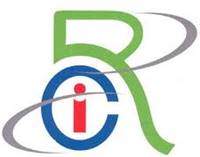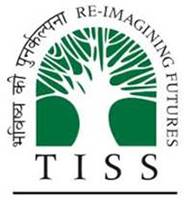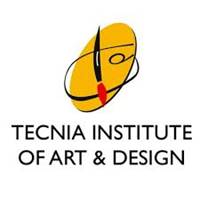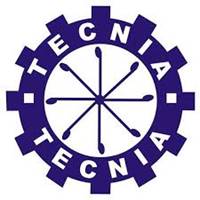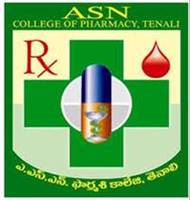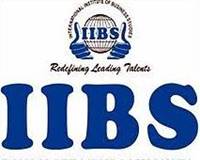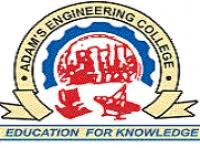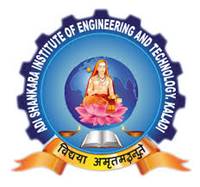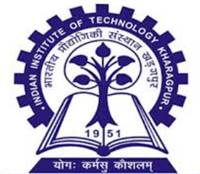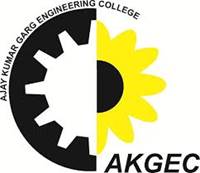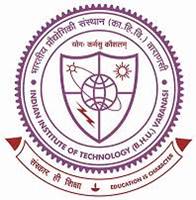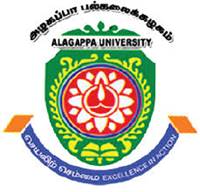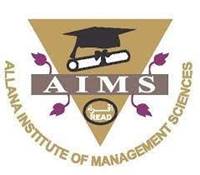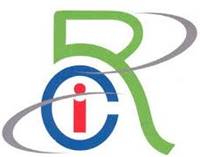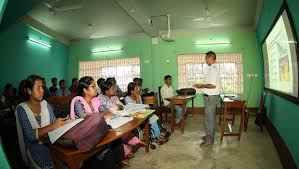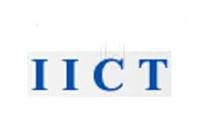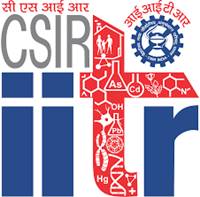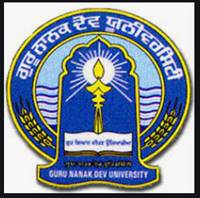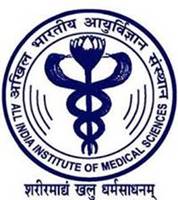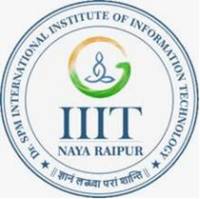The Rehabilitation Council of India (RCI) holds a distinguished position as a regulatory authority and promoter of rehabilitation education in India. Established under the Rehabilitation Council of India Act in 1992, the RCI strives to ensure the highest standards of education and training in the field of rehabilitation. This article provides an overview of the RCI's pivotal role in the development and regulation of rehabilitation education across the nation.
Promoting Quality Education: The primary objective of the Rehabilitation Council of India is to facilitate the provision of exceptional education and training programs for rehabilitation professionals. The council accomplishes this goal through various initiatives, including the recognition and affiliation of educational institutions offering courses in rehabilitation sciences. By setting stringent norms and guidelines, the RCI ensures that these institutions maintain high academic standards, leading to the production of competent and skilled professionals in the field.
Accreditation and Affiliation: One of the core functions of the RCI is to recognize and affiliate institutions providing education and training in rehabilitation. This process involves a comprehensive assessment of the institution's infrastructure, curriculum, faculty qualifications, and adherence to the prescribed guidelines. By granting recognition and affiliation, the RCI ensures that these institutions meet the necessary criteria and deliver education that aligns with industry standards.
Curriculum Development: The Rehabilitation Council of India actively participates in the development of curricula for various rehabilitation programs. Through collaborations with subject matter experts, academicians, and professionals from the field, the RCI formulates guidelines and syllabi that encompass the essential knowledge and skills required for rehabilitation professionals. This ensures that the curricula are comprehensive, up-to-date, and in sync with the evolving needs of the industry.
Examination and Certification: To maintain the integrity and competence of rehabilitation professionals, the RCI conducts standardized examinations for different courses in the field. These examinations evaluate the knowledge, skills, and competencies of aspiring professionals. Successful completion of these examinations results in the award of certification by the RCI, which serves as a benchmark of excellence and validates the proficiency of the individuals in their respective domains.
Continuing Rehabilitation Education: Recognizing the need for continuous professional development, the RCI encourages and regulates continuing rehabilitation education programs. These programs serve as a platform for professionals to enhance their knowledge and skills, stay updated with the latest advancements, and maintain professional competence. By providing accreditation to these programs, the RCI ensures that they meet the necessary standards and contribute to the professional growth of rehabilitation practitioners.
Regulatory Oversight: Apart from promoting quality education, the Rehabilitation Council of India serves as a regulatory body for rehabilitation professionals. It establishes a code of ethics and conducts disciplinary proceedings to address professional misconduct and ensure ethical practice within the field. By maintaining a robust regulatory framework, the RCI upholds the reputation of the profession and safeguards the interests of service recipients.
The Rehabilitation Council of India plays a vital role in shaping and regulating rehabilitation education in the country. Through its initiatives, including accreditation, curriculum development, examinations, and continuing education, the RCI ensures the production of skilled and competent rehabilitation professionals. As India strives to meet the evolving healthcare needs of its population, the RCI's commitment to fostering excellence in rehabilitation education remains instrumental in building a strong foundation for the future of the profession.
